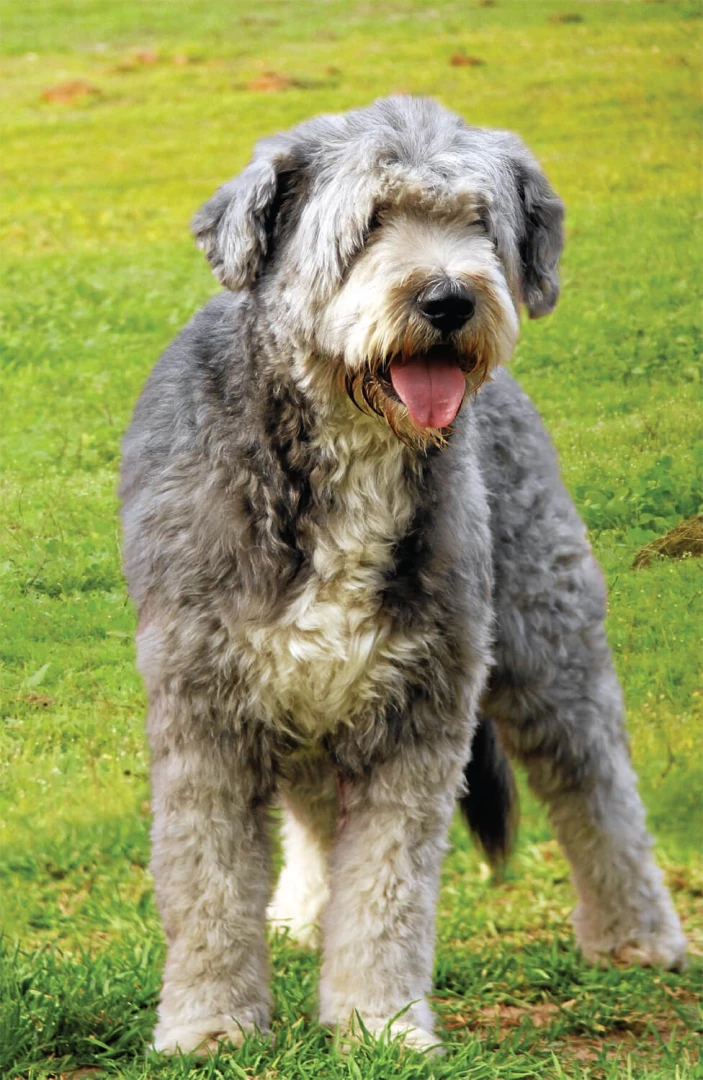
Barbado da Terceira
About
The Barbado da Terceira is a lively, intelligent, and loyal breed that thrives in active households where they can engage in regular exercise and have a role or purpose. They are well-suited for families who can dedicate time to training, grooming, and providing ample physical and mental stimulation. If you’re considering adding a Barbado da Terceira to your family, be prepared to invest in meeting their exercise, grooming, and training needs. For more information and specific advice, consult breeders or veterinarians to gain a deeper understanding of this spirited and hardworking breed.
 Breed Size
Breed Size
-
Weight (Male)
20-27 kg
-
Weight (Female)
21-27 kg
-
Height (Male)
50-56 sm
-
Height (Female)
50-56 sm
 Coat
Coat
-
Fur Type
Wiry
-
Color
One color
 Care
Care
-
Walk
>60 minutes/day
-
Breed group
Foundation Stock Service
-
Breed Size
M
-
Demeanor category
Friendly
 Breed Traits
Breed Traits
-
Barking
-
Good with young children
-
Drooling
-
Energy level value
-
Grooming frequency value
-
Good with other dogs
-
Trainability
 Breeds Club Recognition
Breeds Club Recognition
-
Trainability Category
>Eager to Please
-
Temperament
>loyal / intelligent / joyful and fun loving
Description
The Barbado da Terceira is a medium-sized, energetic herding dog, originally bred in Portugal on the island of Terceira for livestock management. This breed descends from ancient Portuguese working dogs, resulting in a highly intelligent, agile, and affectionate companion.
-
Origin: Portugal (Terceira Island), developed for herding and farm work.
-
Smart and trainable: Quick learner with excellent problem-solving skills.
-
Loyal and protective: Forms deep bonds with its family and livestock.
-
Energetic and hardworking: Requires daily exercise and mental stimulation.
-
Wavy, dense coat: Requires regular grooming to prevent matting.
The Barbado da Terceira is a devoted and lively companion, excelling in herding, obedience, and agility. With proper training and early socialization, they become well-mannered, affectionate pets best suited for active owners.
